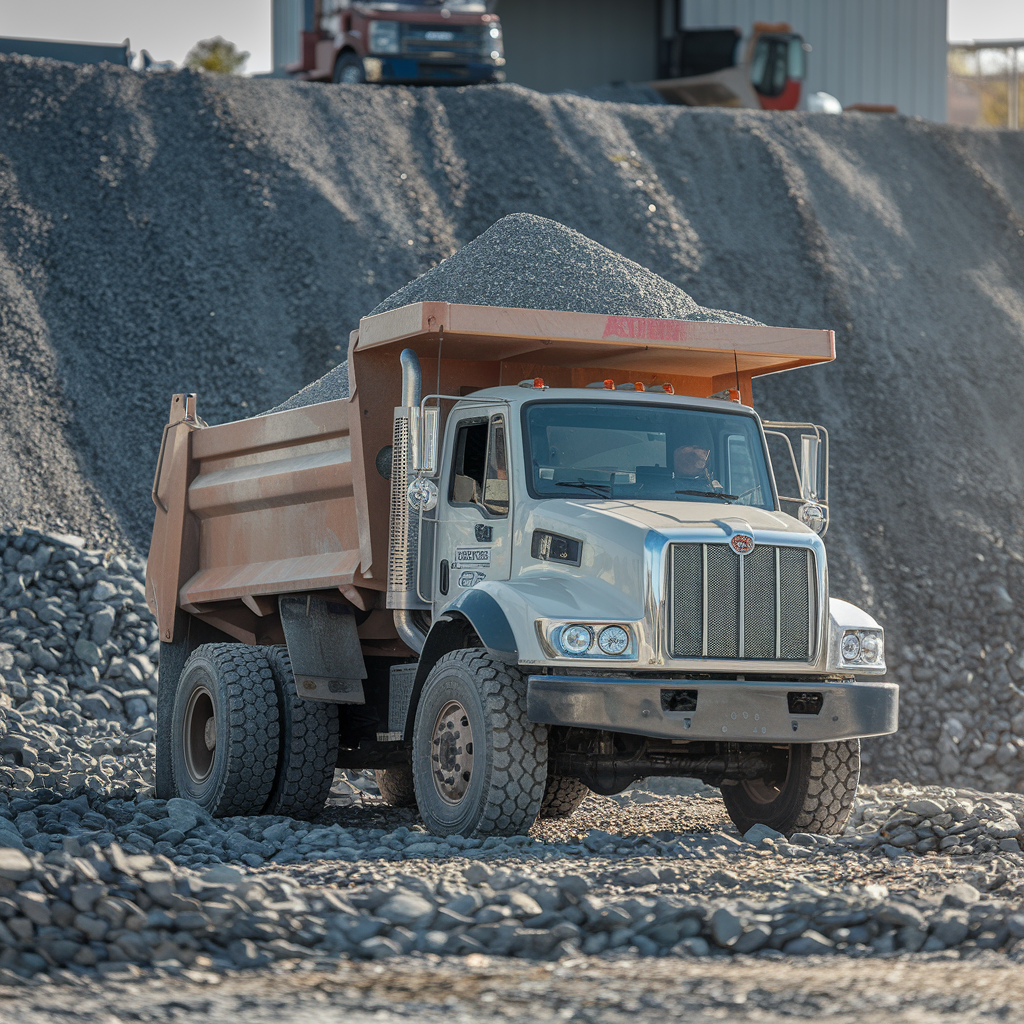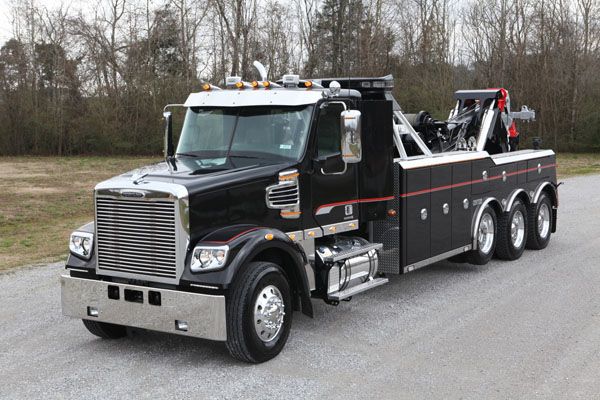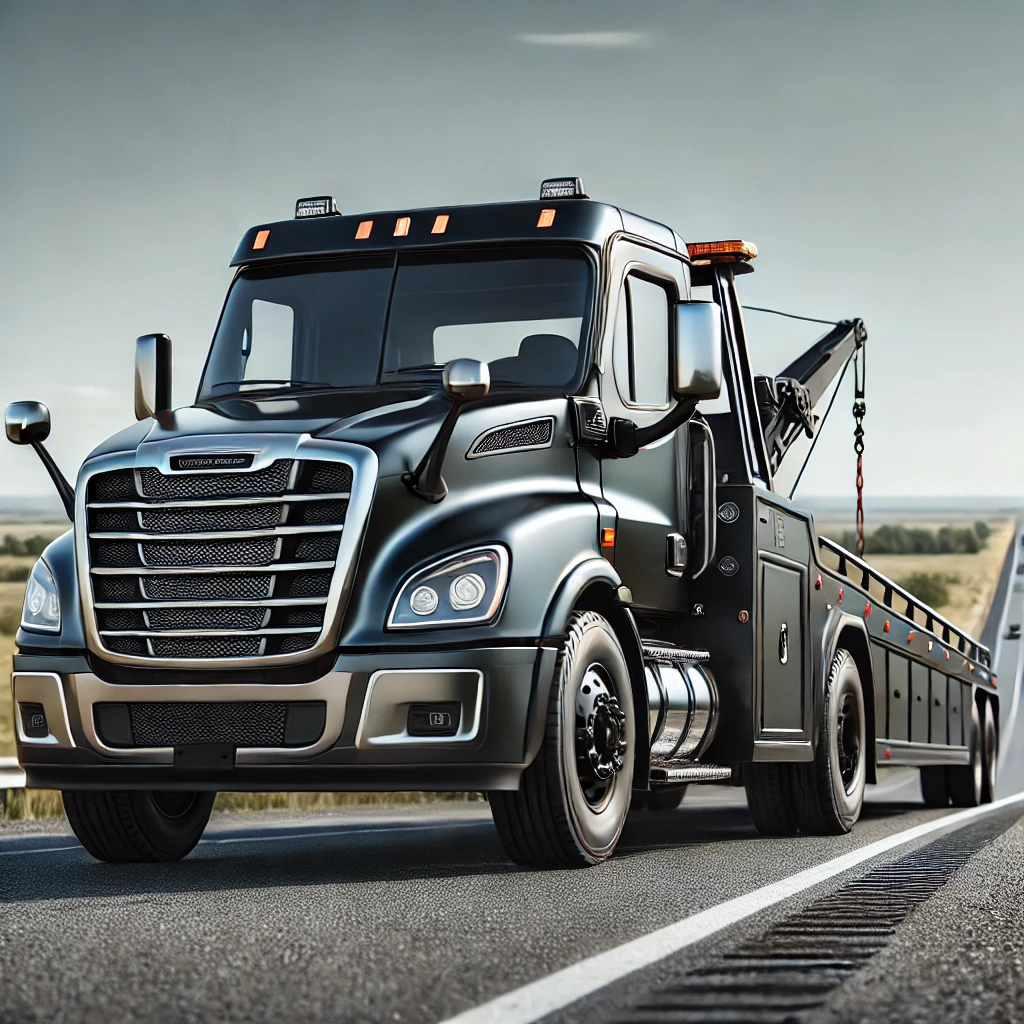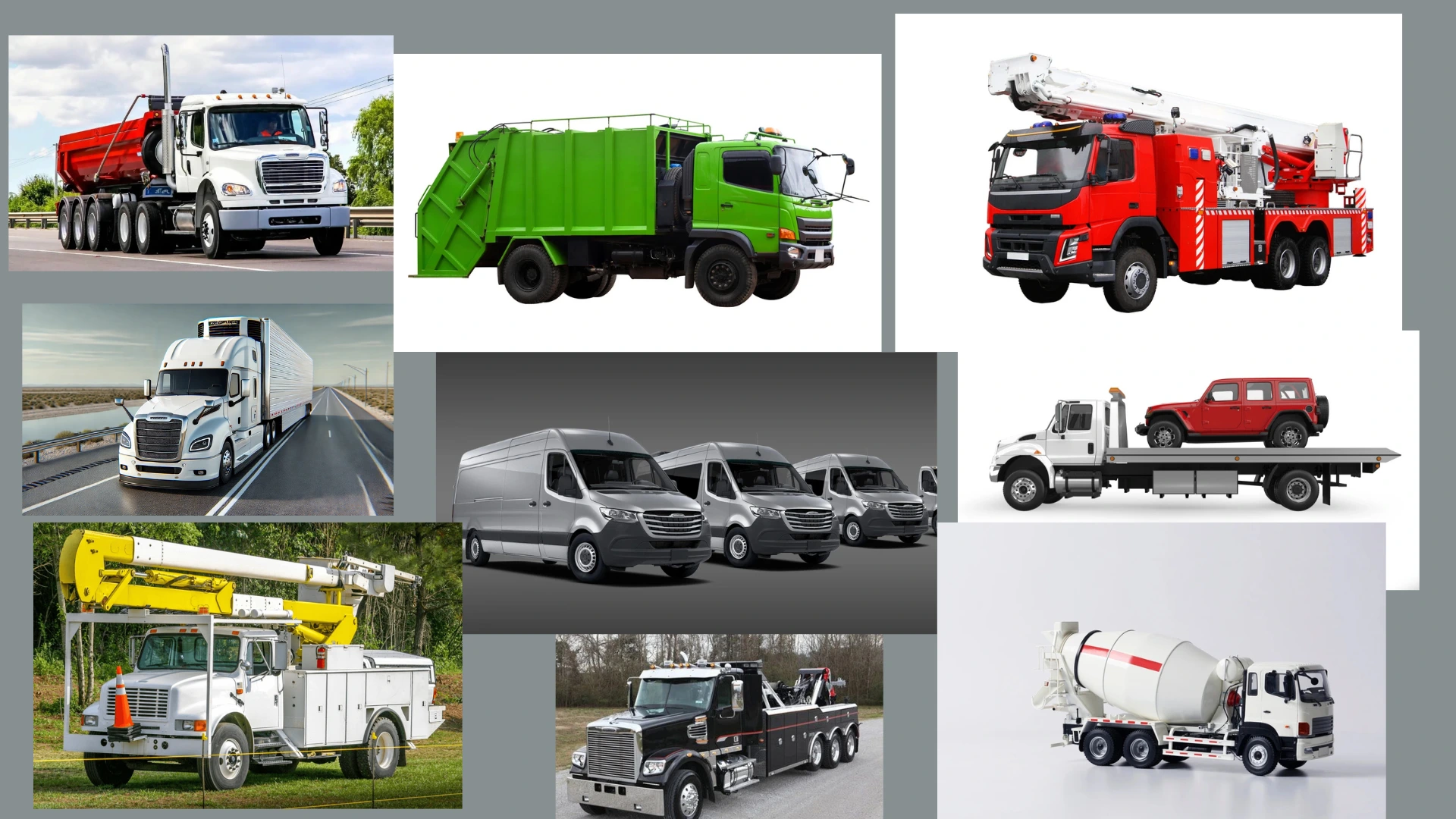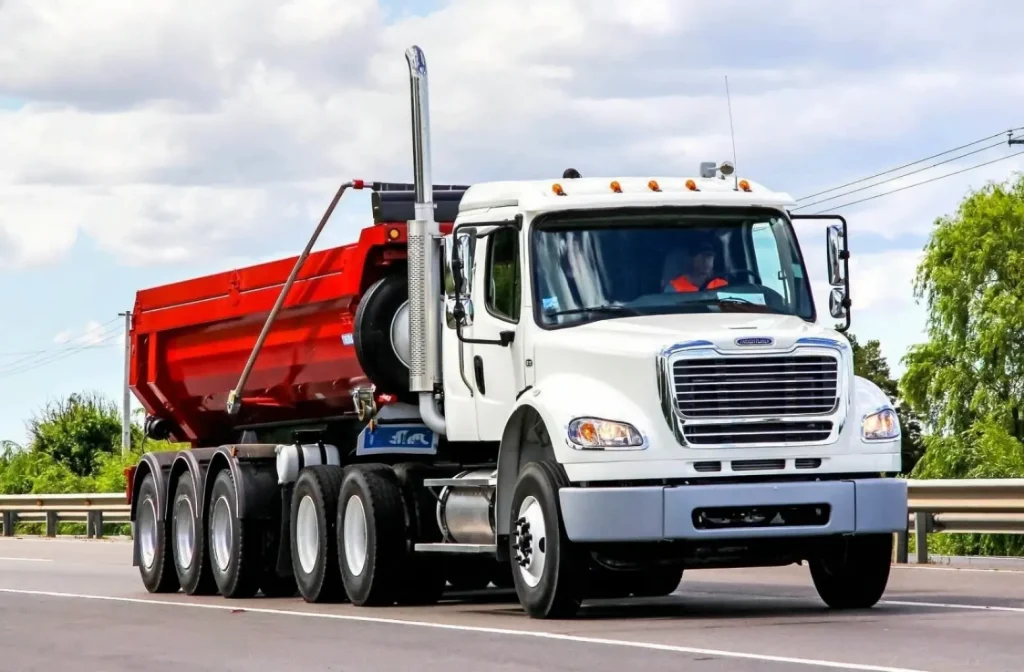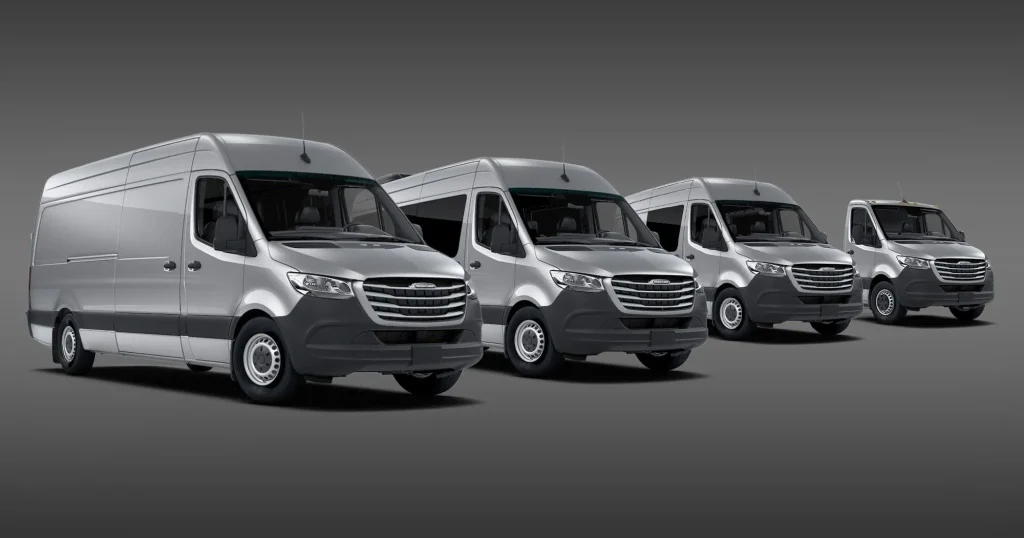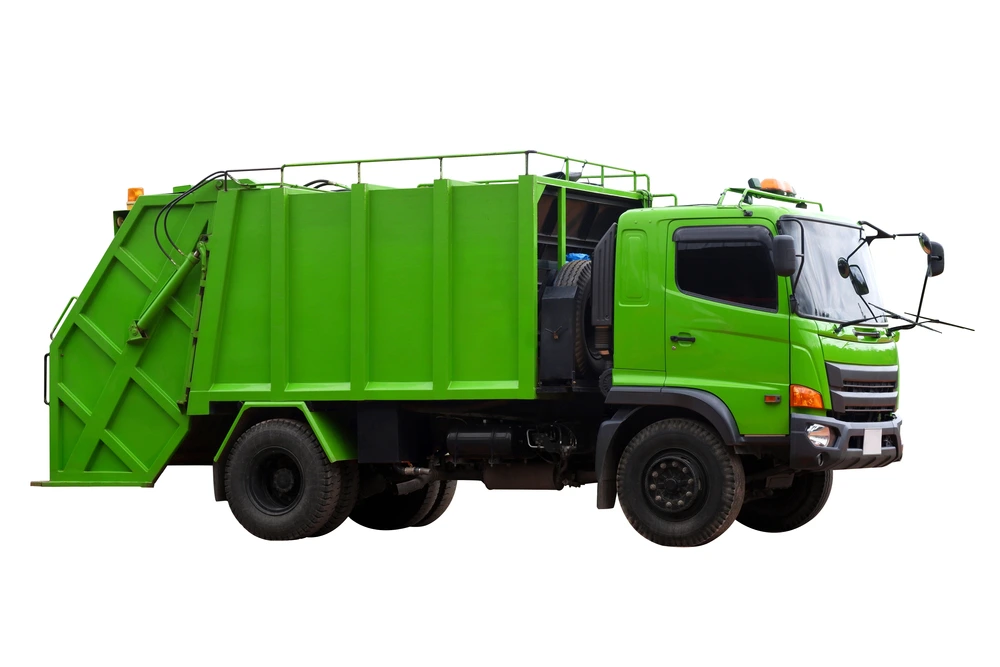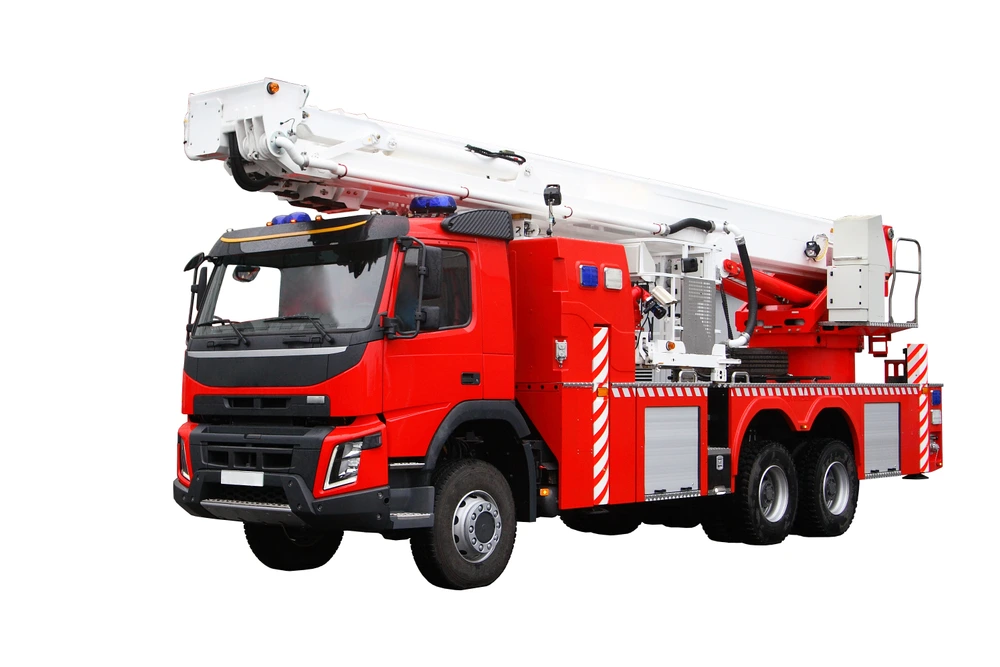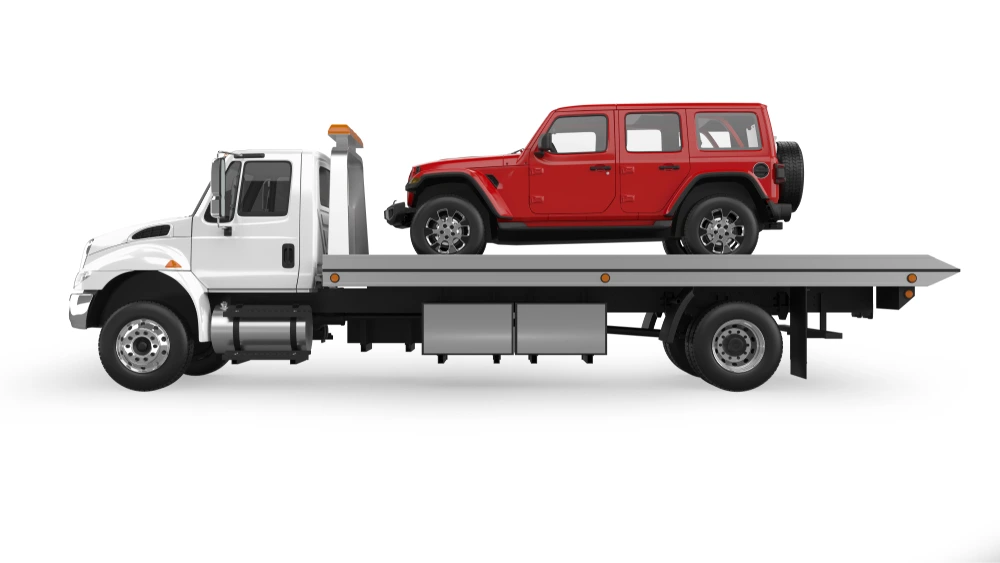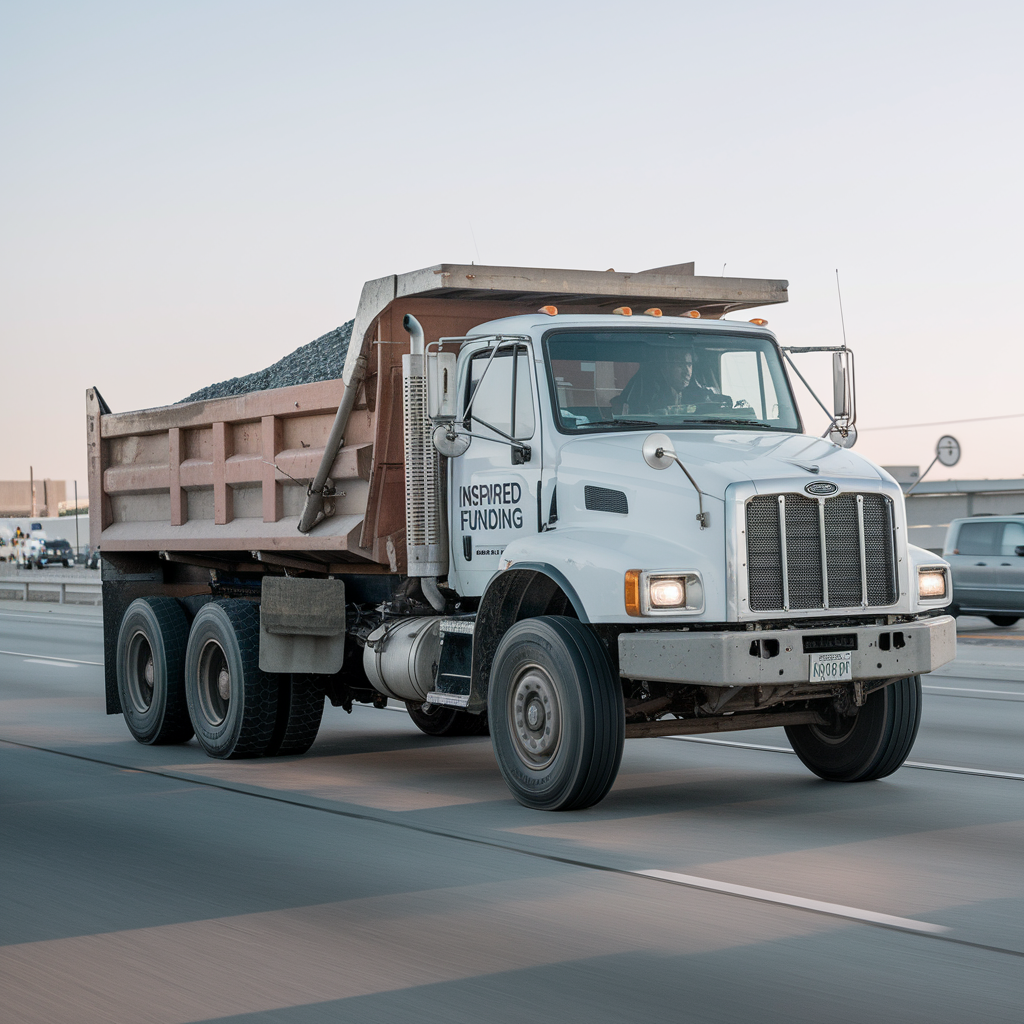
8 USEFUL TIPS EVERY DUMP TRUCK DRIVER MUST KNOW 2025
Driving a dump truck is not just about getting loads from point A to point B. If it were that simple, everyone would be doing it. Between handling heavy loads, and navigating uneven terrains, operating a dump truck safely requires a skill set. To ensure each trip is both safe and efficient, you need to master a few key strategies and best practices.
From pre-trip inspections to proper loading techniques, this guide covers everything you need to know to help you maintain control, prevent accidents, and keep your truck in top shape. Let’s explore the essential tips every dump truck driver should know!
KNOW YOUR DUMP TRUCK
The first tip for dump drivers is to know and understand your truck in and out. Some specifics you should pay attention to include your dump truck type, the weight, height, size, turning radius and handling. Having the necessary information about your truck will aid you in navigating various terrains such as tunnels, bridges and areas with height limitations. By doing this, you help to prevent potential damage to your truck.
PRACTICE SAFE DUMPING
Be mindful of how you dump as this can impact on the condition of your truck. For instance, dumping on loose or soft surfaces can make the load on the truck unbalanced. Instead, find a flat and firm area that will not cause the weight to shift and slide out of control when you dump.
Another safe dump practice is never to exit the cab while dumping. Stay inside with your seatbelt strapped on while you dump.
Additionally, ensure that there are no people or other vehicles close to the truck when you want to dump to avoid accidents. By practising safe dumping habits, you can save your life and those of others, and ensure that the truck remains in great condition.
NEVER OVERLOAD THE UPPER PORTION OF THE TRUCK BED
Every dump truck has its weight limitation. By overloading the truck with more than what it can take, the load can shift, making the truck off balance and unstable. And when this happens, it can lead to mechanical failures and increased risk of accidents. Therefore, always ensure that the load is evenly distributed on the bed of the truck, and never exceed your truck’s weight capacity.
MAINTAIN YOUR DUMP TRUCK
If you operate a dump truck, it becomes your duty to ensure that it is always in good condition. You can do this through regular maintenance and never skipping a servicing day. Key maintenance checklists include regular inspections and evaluations, frequent oil changes and visits to the mechanic to fix what needs to be fixed.
Do not operate the truck when it has some unattended mechanical issues, as this may lead to build-ups and damage your truck more. Instead, repair any fault as you catch it during inspection. This will prevent breakdowns during operations on project sites. Also, refer to owner’s manual for necessary information on how to self-maintain your truck.
PERFORM A PRE-TRIP INSPECTION
Before you set out, examine your truck thoroughly to ensure it is in proper condition. Examine parts like the brakes, mirrors, lights, tires and fluid levels. Also, check that the load is evenly distributed and secure.
UTILIZE MIRRORS AND BE AWARE OF BLIND SPOTS
Adjust your mirrors to maximize visibility as you drive. Dump trucks have large blind spots, so it is essential to consistently adjust and monitor your mirrors to stay aware of your surrounding vehicles, pedestrians, and obstacles to reduce the risk of accidents.
ADHERE TO TRAFFIC LAWS
Comply with all traffic laws and regulations as you drive a dump truck. These include speed limits, stop signs, and turn signals. This ensures your safety and that of others on the road.
PRACTICE SAFE BRAKING
Because of their substantial weight, dump trucks require longer stopping distances. This is where safe braking becomes vital. Avoid sudden braking, rather decelerate gradually and maintain a safe following distance from other vehicles to prevent collisions.
CONCLUSION
If you drive a dump truck regularly, you’ll realize that it requires more than just moving from one place to another. Instead, you need skill, awareness and a commitment to safety practices every time you hit the road to ensure a smooth and accident-free experience.
Practice proper loading and dumping techniques, do regular truck maintenance and follow traffic regulations to protect yourself, your truck, and those around you. With these tips in mind, you’ll not only extend the life of your vehicle but also become a more efficient and responsible dump truck driver.
ABOUT INSPIRED FUNDING
If you’re looking for the best financing for your truck business, Inspired Funding is here for you. With tailored financing plans and a range of flexible options, we make it easy for you to get the truck you need and make paying for it a breeze.
Inspired Funding has been helping businesses finance various commercial vehicles, including semi-trucks, cargo vans, dump trucks, and other essential heavy equipment to keep your business moving. We offer competitive interest rates and affordable down payments to fit your budget.
Worried about credit? No problem! We can help you navigate credit score challenges by providing financing solutions designed to get you on the road faster.
Ready to finance a bulldog or a dragon wagon? Give us a call today to get started!

